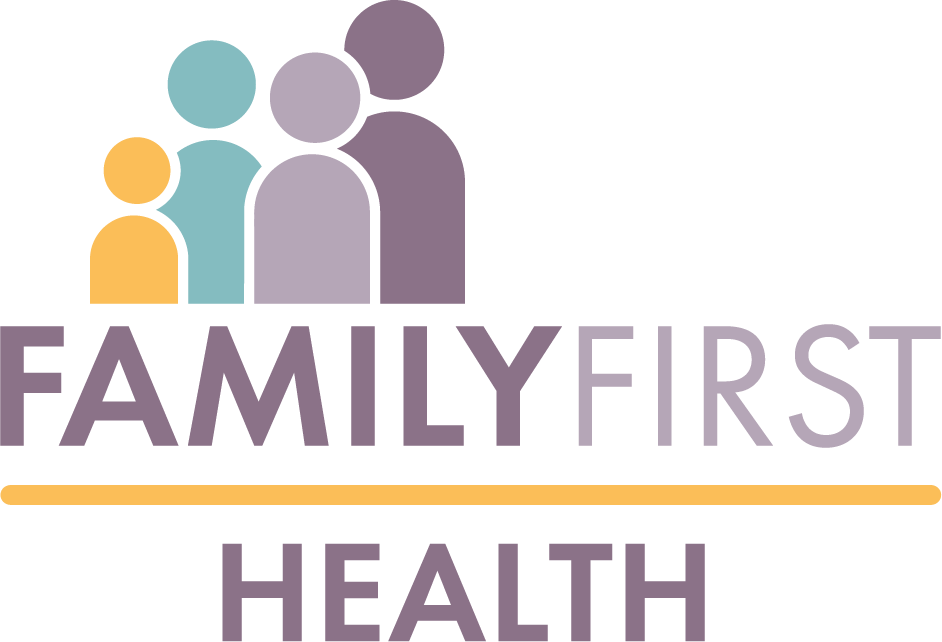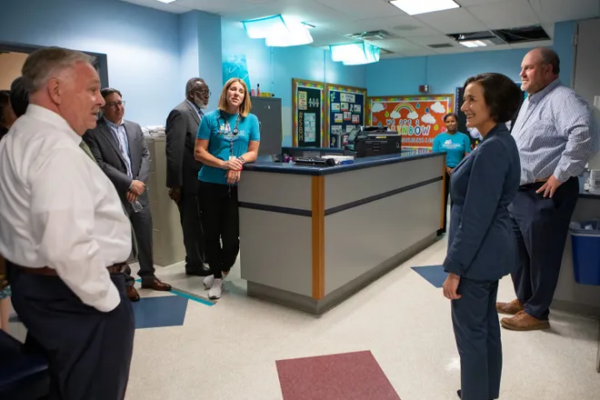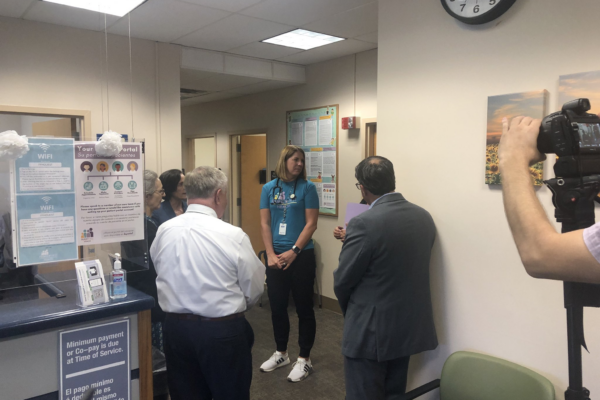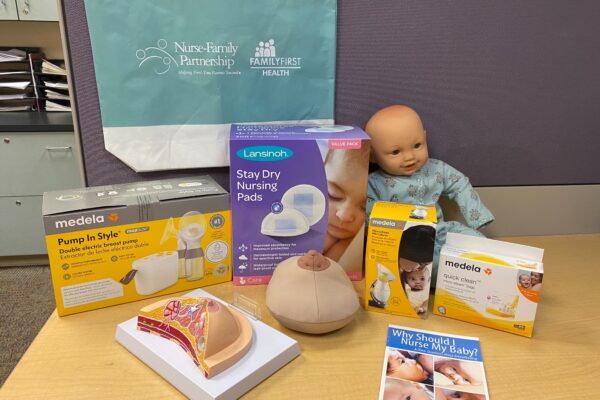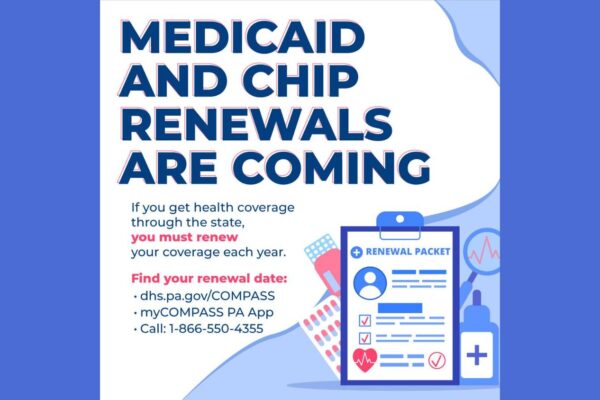No kid likes to get shots.
That’s something Dr. Hetal Petal has seen firsthand; from her patients and her own daughter.
“She always says ‘mommy, we can go to the doctor, but no shots,” Patel said.
That’s why Family First Health came up with a new way to teach kids about vaccines and why those shots are necessary. It’s a book called Little Heroes: Attack of the Galactic Grime. It’s an out-of-this-world story with an important earthly message.
“It’s a journey that we start – and it’s a long journey – and the book does that with all the stations,” Patel said. “We start in infancy and go all the way to 12.”
“They see these characters get these shots and realize ‘oh, they’re protected, so maybe it’s not so bad for me to get my shots and I’ll be protected, too,” said Lori Garman, manager of clinical services.
Garman and her daughter, Greta, were the creative forces behind the story.
Family First says routine vaccine visits waned during the pandemic and many are still not caught up yet. The book addresses the different types of shots, boosters and even the concept of herd immunity.
“It’s sort of like, ‘yes, we should do this so I am healthy, but I should also do this to protect everyone around me,” Patel said. “The book does a really good job of pointing that out.”
The book is available in English, Spanish and Haitian Creole.
“We felt it was pertinent to have it in all three languages,” Garman said.
You can pick up a free copy of the book at any Family First Health location. They also have an online version, which is interactive.
You can find the online version of the book here.
You can find more vaccine resources by clicking here.
Watch the video here.
